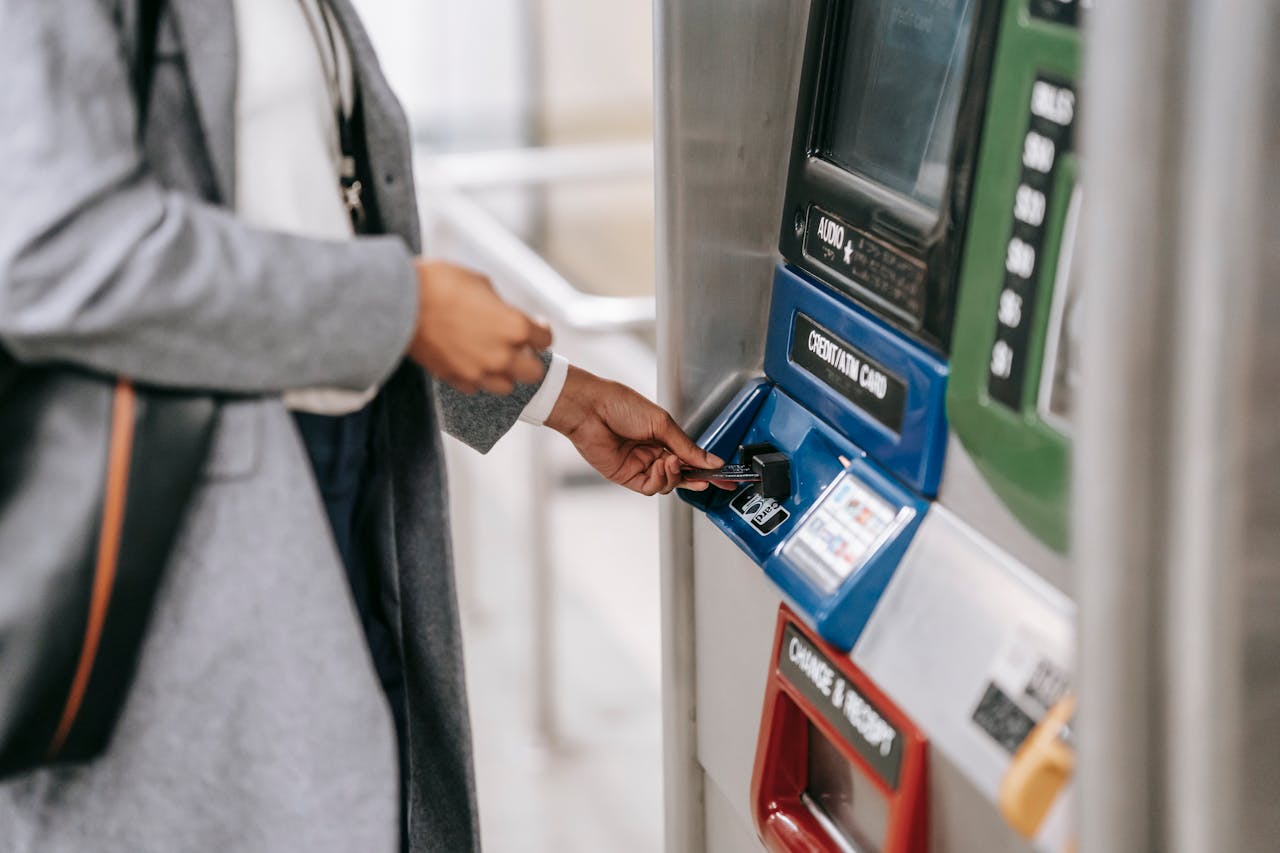

Mobility as a Service (MaaS) development in Southeast Asia is experiencing a dynamic shift, driven by a multitude of factors and hindered by notable challenges. In this exploration, we dissect the key drivers propelling MaaS development and the barriers acting as roadblocks in the region.
Governments across Southeast Asia are steering MaaS development through tax incentives, particularly focusing on the use of electric vehicles. This initiative aligns with the broader vision of constructing smart cities and addresses concerns regarding climate change, energy security, and air quality. Leading the charge, Singapore and Malaysia stand out for providing substantial incentives, creating a conducive environment for MaaS adoption.
The burgeoning number of smartphone and internet users in Southeast Asia acts as a catalyst for MaaS growth. The region's exponential growth in e-commerce and the widespread adoption of mobile wallets enhance the industry's trajectory. As Southeast Asia emerges as the fastest-growing mobile wallet region globally, with an anticipated four-fold increase by 2026, super apps like Grab and Gojek capitalize on this trend. The integration of digital transactions and real-time information becomes essential for MaaS services, driving the demand further.
A significant roadblock to MaaS development in Southeast Asia is the inadequate public transportation infrastructure in many cities. Singapore, with its top-notch road infrastructure, leads the way, while Vietnam and the Philippines lag, emphasizing the need for infrastructure improvements to combat traffic congestion and enhance the efficiency of MaaS models. The lack of a robust infrastructure hampers the realization of seamless multimodal transportation, potentially forcing users to rely on personal vehicles.
The absence of a comprehensive legal framework poses a significant challenge to MaaS scalability. Governments are yet to provide clear guidelines on licensing, safety, and insurance requirements. Singapore and Malaysia emerge as frontrunners in preparing a legal framework for the digital business model, while others like the Philippines, Vietnam, and Thailand need to refine their regulations to adapt to MaaS. A solid legal foundation is crucial for enriching and regulating the service ecosystem, enabling new providers to enter the market and encouraging user adoption.
Deploying a real-time information system is pivotal for MaaS, requiring operators to possess the necessary technology. Challenges related to data format and information transmission create hurdles in ensuring the quality and user trust in the system. The uncertainty surrounding the reliability and cost of new MaaS-related hardware and software further impedes adoption. Singapore and Thailand lead in regulations for data protection and privacy in Southeast Asia, while Malaysia is actively working on its regulatory framework.
As Southeast Asia navigates the MaaS landscape, the synergy between driving forces and overcoming barriers will determine the trajectory of sustainable and integrated mobility solutions in the region. Balancing incentives, technological advancements, and regulatory frameworks is crucial for fostering a dynamic and resilient MaaS ecosystem in Southeast Asia.
Source: https://ycpsolidiance.com/white-paper/exploring-ma-entry-opportunities-in-fintech-via-bnpl-and-p2p

Leading the Charge: Major Players in SEA’s Digital Lending Market
The fintech lending market in SEA is poised for substantial growth, including digital lending which is set to surpass digital payments as the primary revenue driver for the region's digital financial services sector by 2025, with a compound annual growth rate (CAGR) of 33%. This growth is fueled by the widespread adoption of automated loan origination processes and the seamless integration of financial services into digital platforms.

Unlocking Opportunities in the SEA Digital Financial Services Landscape
In recent years, Southeast Asia (SEA) has emerged as a hotbed for fintech innovation, transforming the financial landscape across its diverse markets. This transformation is characterized by a surge in digital financial services (DFS), revolutionizing how individuals and businesses manage their finances. However, the journey is not without its challenges, and understanding these is crucial for stakeholders aiming to navigate this rapidly evolving sector.

How SEA Startups are Navigating Funding Challenges
The startup ecosystem in Southeast Asia (SEA) has long been a vibrant hub for innovation and growth. However, recent global economic shifts and the aftermath of the COVID-19 pandemic have ushered in a new era of funding challenges.

Challenges for Sustainable Recovery in Southeast Asia
Sustainable recovery in Southeast Asia faces numerous challenges, yet also presents significant opportunities for green growth. Addressing sustainable issues is crucial for achieving a resilient and sustainable future.